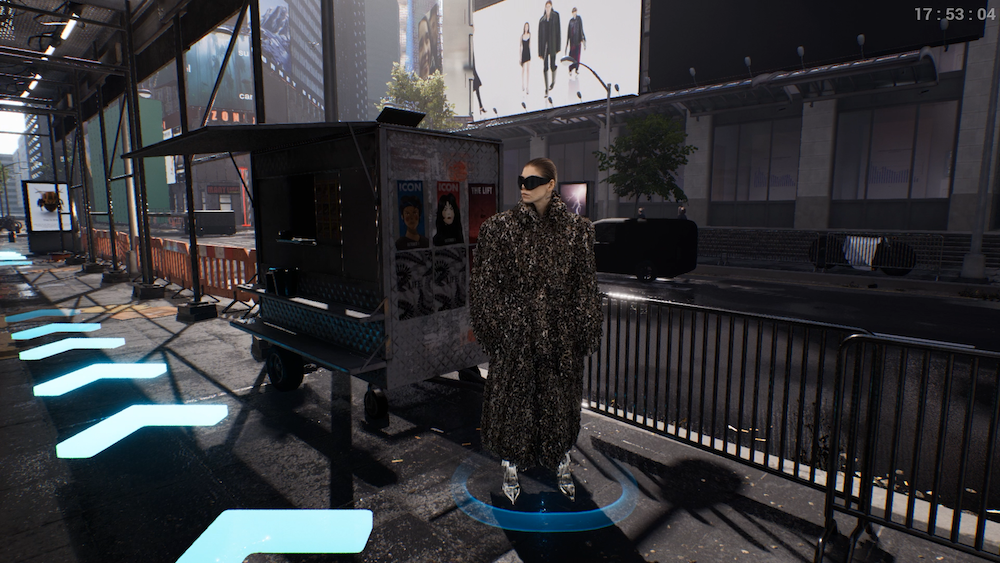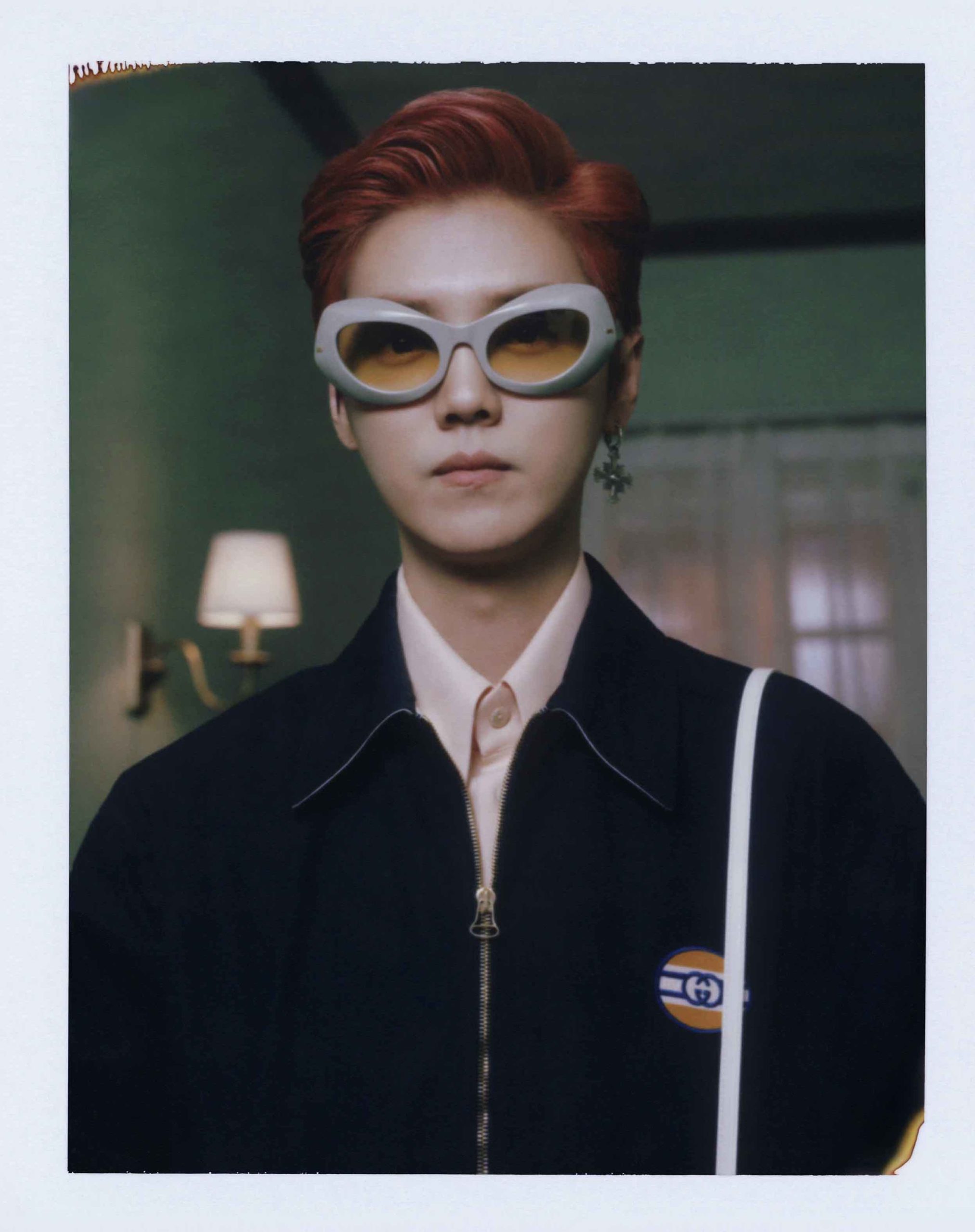Paris Fashion Week Goes Digital, Again
What this could mean for the future of the event.

Amid Covid-19 fears, the Fédération de la Haute Couture et de la Mode has announced that this month’s Paris men’s and haute couture shows will be entirely digital. According to the French fashion’s regulatory institution, luxury houses will not be allowed to hold runway shows with a live audience – but they can still organize shows with models to be recorded or broadcast live.
Even though France has not been in a lockdown since Dec.15, there is still an 8 p.m. curfew in place in Paris, and restaurants, bars, cinemas, theaters, and museums remain closed.
The Fall/Winter 2021-22 calendar runs from Jan.19 to 24, but the Fédération’s has only published dates and times, with formats still pending. Some brands, such as Louis Vuitton and Dior, were expected to hold physical shows with only a few guests, and will now have to revise their schedule.
The situation isn’t entirely new by now: in June and July, the Paris Fashion Weeks for men and haute couture made their exclusively-digital debut, followed by a hybrid of digital and physical shows in September and October for women’s ready-to-wear collections. Back then, many people thought this would be a one-time thing, and that by 2021 business would resume as usual. But traditional physical shows and fashion weeks can’t come back yet – will they ever?

Much like its New York, Milan, and London counterparts, Paris Fashion Week isn’t just about the culmination of months of fashion creation: it is about the event, the exclusivity, the first row, the street style. And, in the era of social media, it is also about having influencers talking about everything they’re seeing – from the inside, of course.
With all of those things temporarily gone, can fashion events still maintain their original relevance?
Brands had to get extra creative last year: Gucci released a series of star-studded films in what it called “GucciFest”; Bottega Veneta recorded an experimental show; Balenciaga invested in a videogame.
But perhaps none of those endeavors would have generated the buzz they did if not for social media, where people can comment, like, and share everything they like. And most importantly: they can connect to the brand. Social media has become a key element for fashion labels to express their message, their ideals, their concepts, and reach out to their target audience – even more so during the pandemic. Add fashion shows to the mix, and this becomes something harder to turn away from. (Even though Bottega Veneta recently did, by deleting all of its social media profiles.)

Social media platforms have become perhaps the biggest showcase for fashion trends and designs, and the companies behind them are paying attention: last year, TikTok did its own digital fashion event, #TikTokFashionMonth, with runway shows from Louis Vuitton, Saint Laurent, and Prada.
Sustainability is another factor that could drastically change the traditional concept of fashion week. Brands like Gucci, Saint Laurent, and Mugler were some of the big names to withdraw from the fashion week calendar in 2020, instead opting for “seasonless” collection drops – again, with the brand’s relevance still maintained through social media and other partnerships.
It is hard to predict how things will be different coming out of this weird moment; many speculate fashion shows will become a hybrid of digital and physical. Either way, things are changing – and this could be very exciting.
You can check out the full schedule for the Paris Fashion Week here.
Discover More
